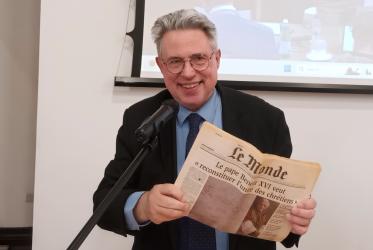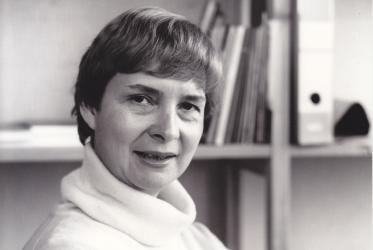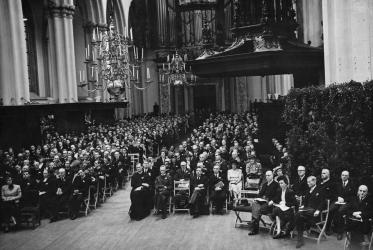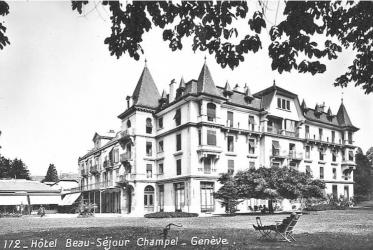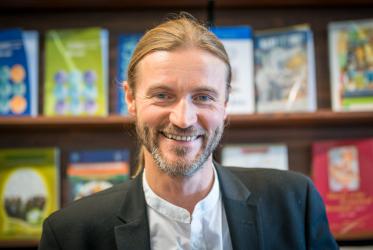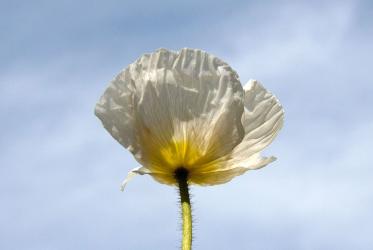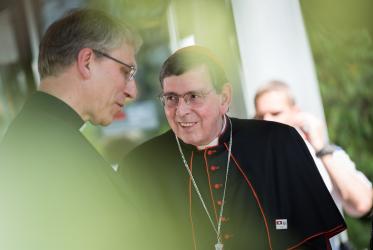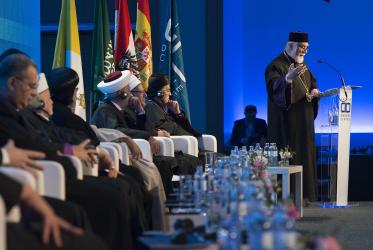Displaying 1 - 20 of 54
Church response to Australian bushfires hinges on preparation
07 January 2020
Wide variety of visitors welcomed at WCC headquarters
06 September 2019
WCC mourns lost staff member in Ethiopian Airlines crash
11 March 2019
Church and Peace group calls for “active remembrance”
15 November 2018


